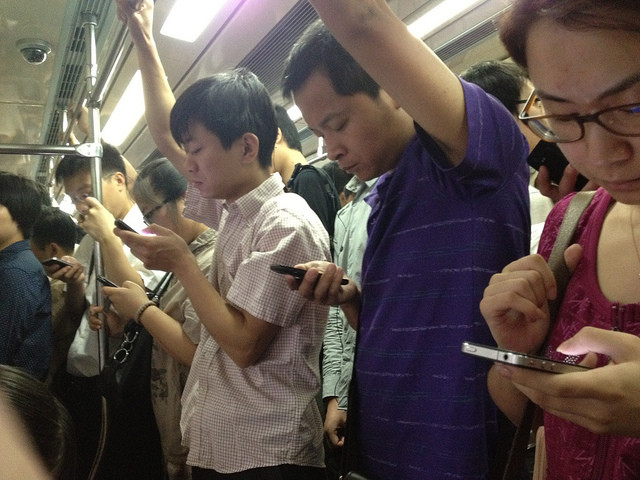Beijing announced on Wednesday that it has officially appointed Zhuang Rongwen as the new director of the Cyberspace Administration of China. Reinforcing the country's Internet security, while promoting the nation-wide use of internet technology to improve governance are among Zhuang's advocacies as the new chief.
According to the recent rounds of news, Rongwen will be taking over former chief, Xu Lin, in the aforementioned national post. The latter, who is a close associate of Chinese President Xi Jinping, had run the office since 2016. Xu will, in turn, be promoted as China's international propaganda chief, as this report indicates.
Like Xu, Zhuang will oversee the CAC operations - a task deemed too crucial as it involves "censorship responsibilities," while the position itself holds great influence on how tech and internet companies operate inside the country.
One of the main policies enforced by the internet regulating agency is being referred to locally as "Internet sovereignty," whereby the Chinese government holds control of the Internet within its borders.
This very same policy made popular Western sites like Facebook, Google, and Twitter to become unavailable in China. However, the Chinese population uses home-grown social media platforms like RenRen, which resembles closely to Mark Zuckerberg's website; and Sina Weibo, which is a cross between Facebook and Twitter.
There isn't any single equivalent for Google's YouTube, however. Video streaming service has a strong competition in China which is why a lot of names come up like Youku-Tudou and iQiyi, just to mention a few.
Zhuang, who is also a close ally to China's head of state, holds a vision to make the country a "cyber power" in Asia and in the nearby region.
The 57-year-old is also looking to promote the ideals of the country's ruling party, the Communist Party, as China spearheads its plans to make its presence become more prominent in the global stage.
Zhuang is among Xi's aide whose rise in the official hierarchy comes at a quick rate. According to South China Morning Post, Zhuang took office as head of the State Administration of Press and Publication in April of this year. Three months later and prior to his CAC appointment, he became the director for National Office Against Pornographic and Illegal Publications.
Zhuang has been very vocal in his advocacies to use internet technology as a means to improve, not only the governance of China but the country as a whole.
He is also a stalwart supporter of internet innovations such as when he praised Hangzhou for holding a court proceeding online. During the Internet Economy Summit held in Hongkong, Zhuang prompted the local government to integrate internet technology as a prime catalyst in the improvement of the digital economy.





